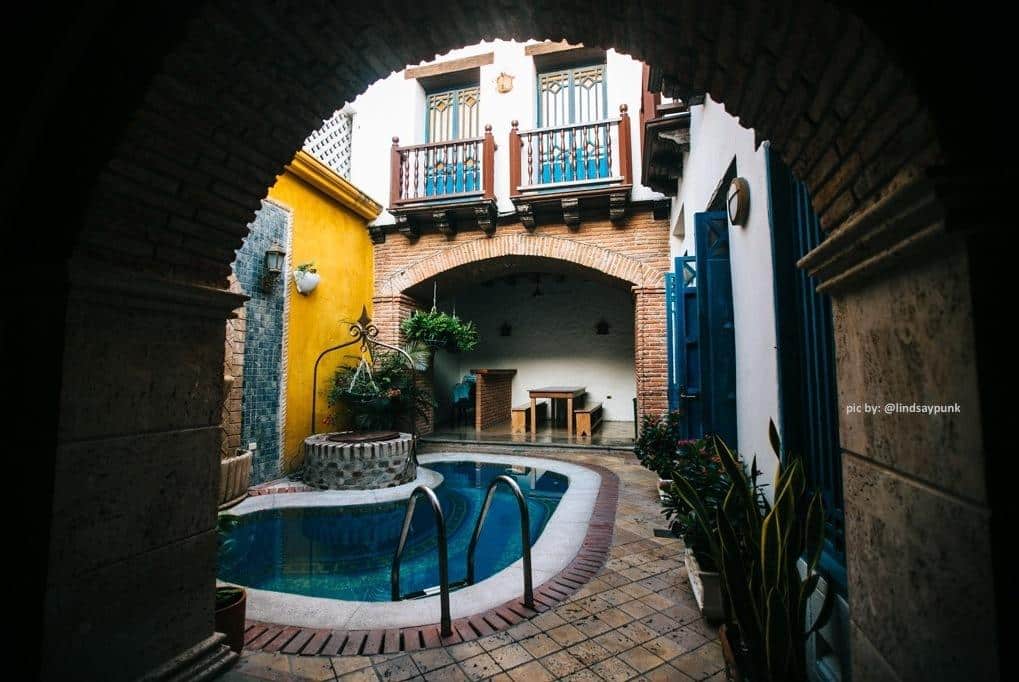


Acknowledging this, and the need to make such works more widely available, Colombians have devised some ingenious forms of literary lending. Visitors do not have to venture far to realise that Cartagena’s greatest export is its novels: García Márquez, who set up a school of journalism in the city in memory of his training there, still owns a house near the city walls. The idea is to suggest that the world of words belongs not to conquerors, but to everyone. The events organised by Hay in the arid border city of Riohacha, home of the Wayuu Indians, are addressing both issues. However, illiteracy is still widespread and Spanish is by no means spoken everywhere. Colombia is in the process of tackling, with some success, the severe problem of poverty. Take a trip outside the city and you will see how desperately important it is to engage children and others in literature. Yes, the locations are beautiful and many members of the audience are well-heeled, but Hay also puts on special events for schoolchildren (many of them free) and offers discounts to students. What’s astonishing is how truly public these talks and readings are. I’ve listened to Julian Barnes pick up a conversation he began with Mario Vargas Llosa 20 years earlier about Madame Bovary. I’ve heard the Israeli author David Grossman remember his dead son and speak of peace. I have seen the Nobel Prize-winning Romanian novelist Herta Müller speak about being bugged by the Securitate, her face projected on to a screen behind her like a 21st-century Louise Brooks. I have heard Philip Glass play to rapt audiences in the baroque and gilded Teatro Adolfo Mejia.


 0 kommentar(er)
0 kommentar(er)
